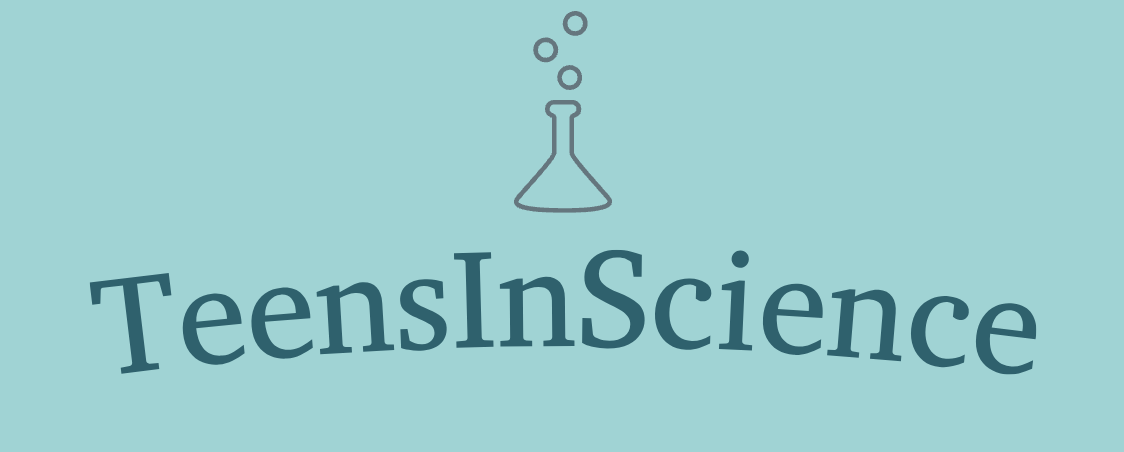Understanding The Placebo Effect
This article will discuss the placebo effect, what it is, why it is useful, and how it helps with clinical trials.
Date Published: 10/12/25
Introduction
The placebo effect is a fascinating psychological phenomenon where people experience real improvements in their health after receiving a treatment that has no active medical ingredients. This effect highlights the powerful connection between the mind and body, showing how our expectations and beliefs can influence physical outcomes.
What Is It?
A placebo is a substance or treatment with no therapeutic effect, often used in clinical trials to test the effectiveness of new drugs. It can take the form of a sugar pill, saline injection, or even a fake surgery. When a person takes a placebo but believes they’re receiving real treatment, they may experience positive changes in their symptoms. This is known as the placebo effect.
How Does It Work?
The placebo effect relies on the brain’s ability to influence physical health. When someone expects a treatment to work, their brain releases chemicals like endorphins and dopamine, which can reduce pain, improve mood, and create a sense of well-being. This psychological response can trick the body into feeling better, even when no real medicine is involved.
Real-Life Applications
The placebo effect isn’t just a trick of the mind; it has practical uses in medicine and research. In clinical trials, placebos help scientists determine if a new drug works better than the power of belief alone. Doctors also use the placebo effect to comfort patients and improve outcomes by boosting confidence in their treatments.
Limitations
While the placebo effect can ease symptoms like pain, nausea, or anxiety, it doesn’t cure diseases. It works best for conditions influenced by the brain, such as chronic pain or stress-related disorders. For illnesses requiring medical intervention, like infections or cancer, placebos offer no real benefit beyond temporary relief.
Conclusion
The placebo effect shows how much influence our minds have over our bodies. It’s a reminder that healing isn’t always just about medicine — our beliefs, emotions, and expectations play a crucial role too. As scientists continue to study this phenomenon, we gain a deeper understanding of the mind-body connection and its potential to improve health outcomes.
Works Cited
“The Power of the Placebo Effect.” Harvard Health, Harvard University, https://www.health.harvard.edu/newsletter_article/the-power-of-the-placebo-effect.
“Placebos: Why They Play an Important Role in Clinical Trials.” Novotech CRO, https://novotech-cro.com/faq/placebos-why-they-play-important-role-clinical-trials.
“Neurobiological Mechanisms of the Placebo Effect.” Journal of Neuroscience, Society for Neuroscience, https://www.jneurosci.org/content/25/45/10390.
